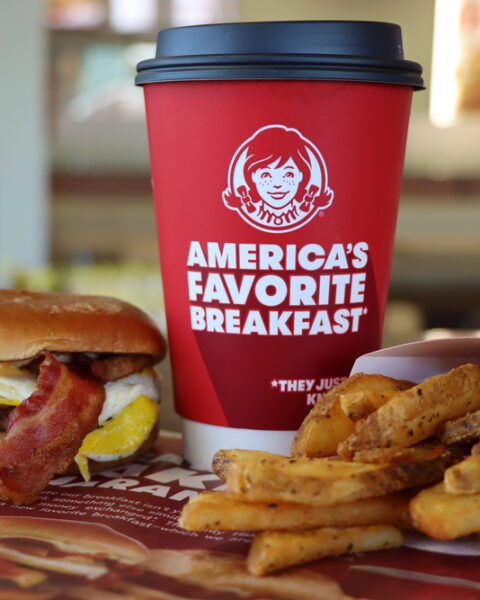Staying on top of weight management can be challenging, especially with so many tempting foods around. Knowing what ingredients to avoid can make a big difference in your journey to a healthier you. Here’s a list of 15 ingredients you should steer clear of if you’re looking to manage your weight effectively. Each one has its own reasons for being less than ideal, so let’s dive in and see what you should watch out for in your diet.
Contents
- 1 High-Fructose Corn Syrup
- 2 Trans Fats
- 3 Artificial Sweeteners
- 4 Refined Grains
- 5 Sodium Nitrate
- 6 Monosodium Glutamate (MSG)
- 7 Sugary Beverages
- 8 Hydrogenated Oils
- 9 High-Calorie Coffee Drinks
- 10 Processed Snacks
- 11 Alcohol
- 12 Sugary Cereals
- 13 Full-Fat Dairy Products
- 14 Canned Soups
- 15 Frozen Meals
- 16 More From RetailShout
- 17 16 Must-Have Aldi Fridge and Freezer Finds Under $10
- 18 13 Stylish Sam’s Club Clothing Deals to Snag in November
High-Fructose Corn Syrup
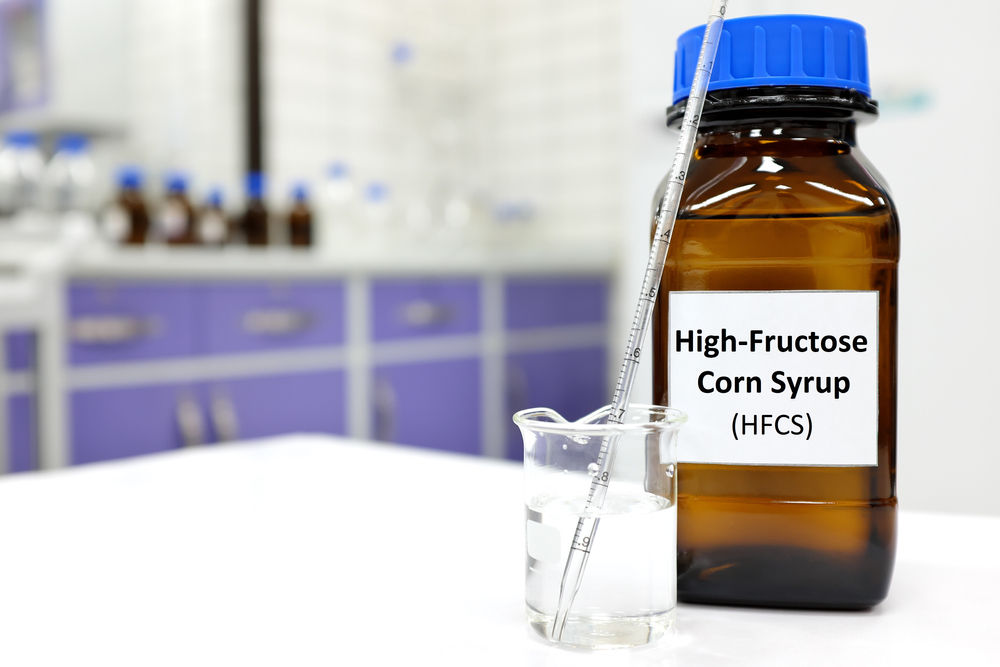
High-fructose corn syrup (HFCS) is a sweetener found in many processed foods and drinks. It’s made from corn starch and contains both glucose and fructose. Studies have shown that HFCS can contribute to weight gain and obesity because it doesn’t satisfy your hunger as well as regular sugar. This means you might eat more than you need. HFCS is also linked to increased fat storage and can lead to insulin resistance, making it harder for your body to manage blood sugar levels.
Trans Fats

Trans fats are artificial fats created by adding hydrogen to liquid vegetable oils to make them more solid. These fats are found in many fried foods, baked goods, and margarine. Trans fats are particularly bad for your health because they raise your bad cholesterol (LDL) and lower your good cholesterol (HDL). This can increase your risk of heart disease and contribute to weight gain. Avoiding trans fats can help you maintain a healthier weight and improve your overall well-being.
Artificial Sweeteners
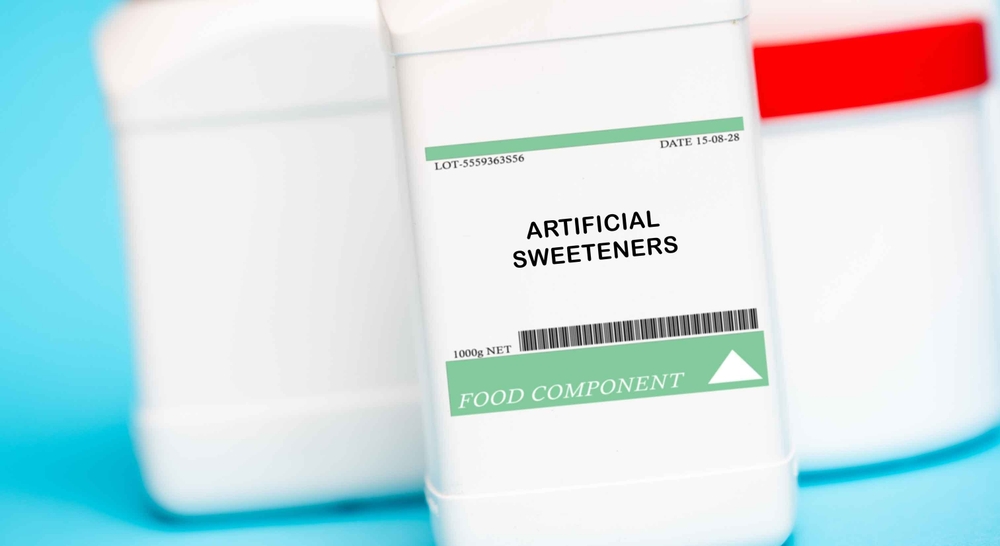
Artificial sweeteners, like aspartame and sucralose, are used as sugar substitutes in many low-calorie and diet foods. While they provide a sweet taste without the calories, they can have some negative effects on weight management. Studies suggest that artificial sweeteners may increase your cravings for sugary foods, leading to overeating. They can also disrupt your gut bacteria, which plays a role in metabolism and weight regulation. Choosing natural sweeteners, like honey or maple syrup, in moderation can be a better option.
Refined Grains
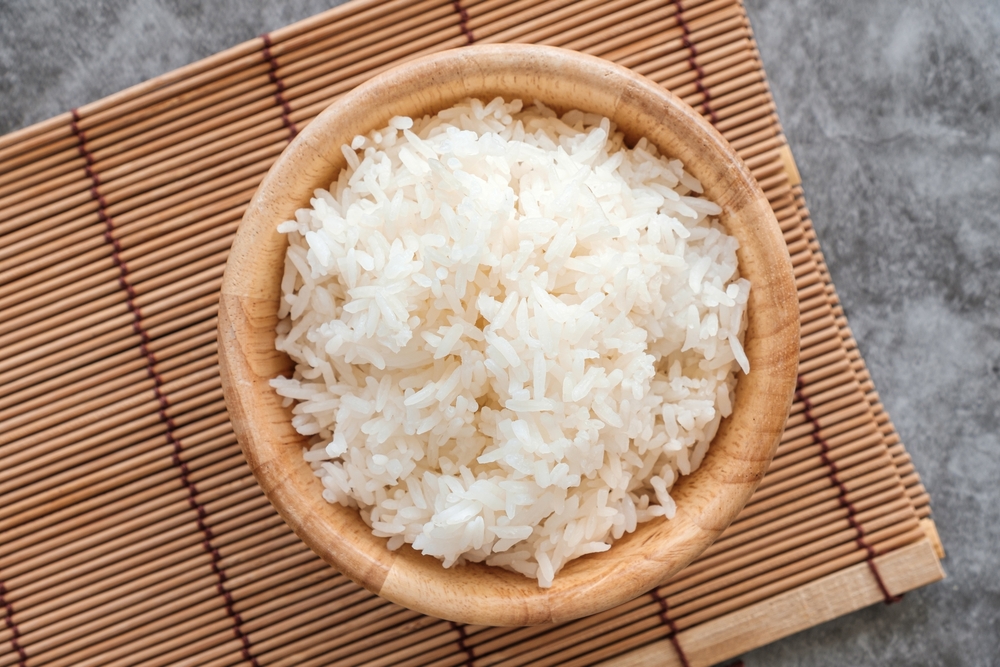
Refined grains, such as white bread, white rice, and pasta, have been stripped of their nutrients during processing. They are low in fiber and can cause spikes in blood sugar levels, leading to increased hunger and overeating. Refined grains are also linked to higher risks of weight gain and obesity. Opting for whole grains, like brown rice, whole wheat bread, and oats, can help you feel fuller for longer and support healthy weight management.
Sodium Nitrate

Sodium nitrate is a preservative used in processed meats like bacon, sausages, and deli meats. While it helps preserve the color and flavor of these meats, it can also have negative effects on your health. High consumption of sodium nitrate is linked to an increased risk of obesity and metabolic syndrome. It can also lead to water retention, making you feel bloated and heavier. Choosing fresh, unprocessed meats or plant-based alternatives can help you avoid sodium nitrate.
Monosodium Glutamate (MSG)
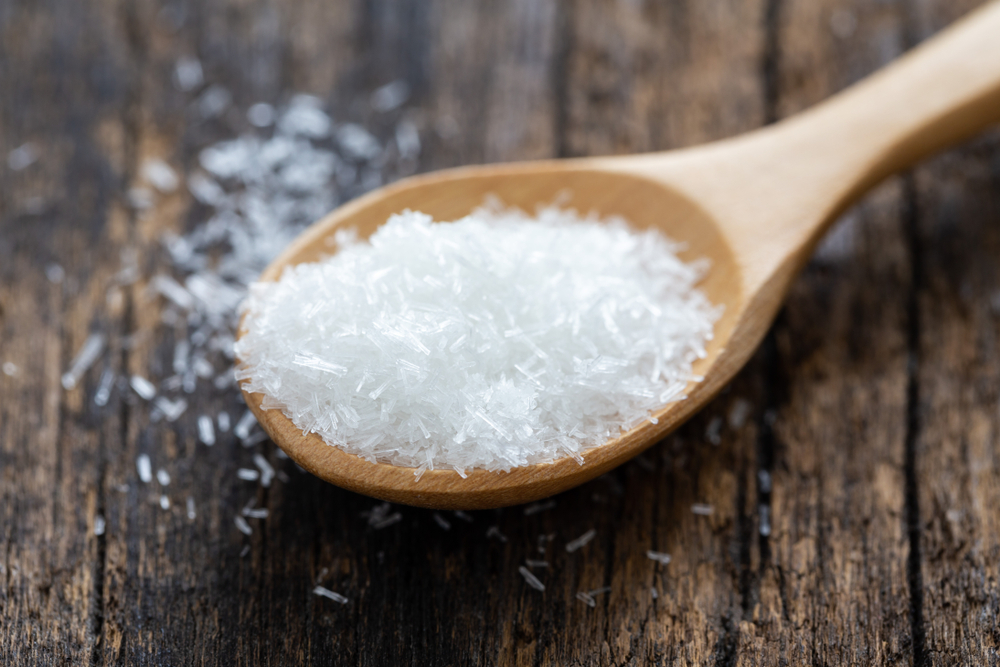
Monosodium glutamate (MSG) is a flavor enhancer commonly found in processed foods, canned soups, and restaurant dishes. While it adds a savory taste to foods, it can also contribute to weight gain. MSG has been shown to increase appetite and lead to overeating. It can also cause water retention and bloating. Reducing your intake of processed foods and cooking with natural herbs and spices can help you avoid MSG and maintain a healthier weight.
Sugary Beverages

Sugary beverages, like soda, fruit juices, and energy drinks, are high in added sugars and empty calories. These drinks can contribute to weight gain because they don’t make you feel full, leading you to consume more calories than you need. Sugary beverages are also linked to increased risks of obesity, type 2 diabetes, and heart disease. Drinking water, unsweetened tea, or sparkling water with a splash of lemon or lime can be healthier alternatives.
Hydrogenated Oils

Hydrogenated oils are created by adding hydrogen to liquid oils to make them more solid and shelf-stable. These oils are commonly found in margarine, shortening, and many processed foods. Hydrogenated oils contain trans fats, which can increase your risk of heart disease and contribute to weight gain. Avoiding products with hydrogenated oils and choosing healthier fats, like olive oil or avocado, can support better weight management.
High-Calorie Coffee Drinks

High-calorie coffee drinks, like flavored lattes and frappuccinos, can be loaded with added sugars, syrups, and whipped cream. These drinks can significantly increase your calorie intake without making you feel full. Regularly consuming high-calorie coffee drinks can contribute to weight gain and make it harder to manage your weight. Opting for black coffee or adding a splash of milk and a sprinkle of cinnamon can be a lower-calorie alternative.
Processed Snacks
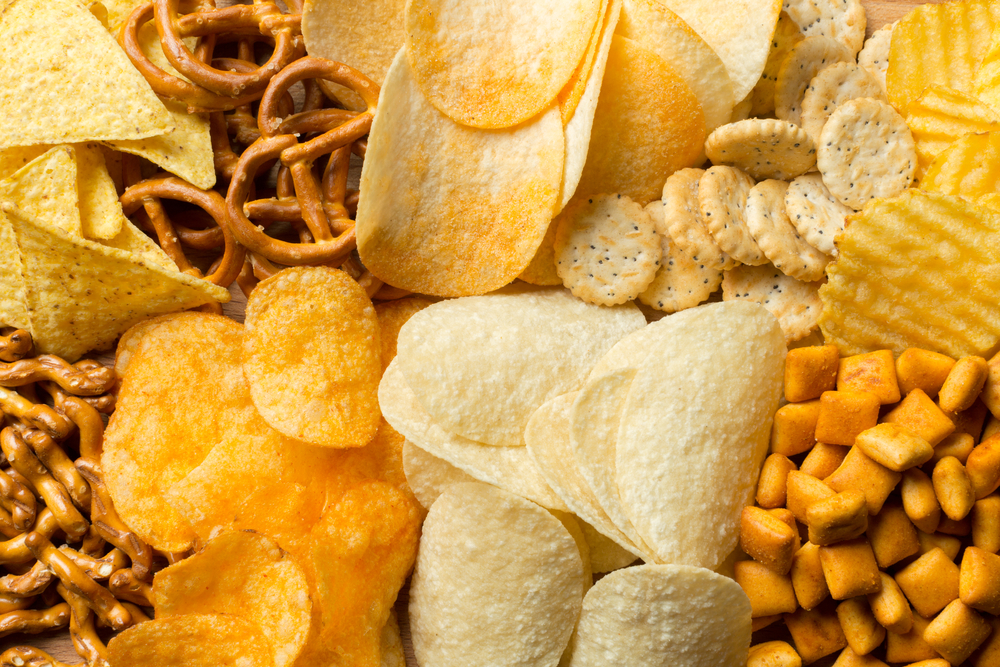
Processed snacks, such as chips, cookies, and crackers, are often high in added sugars, unhealthy fats, and empty calories. These snacks can lead to overeating and weight gain because they are low in nutrients and do not satisfy hunger for long. Choosing whole, unprocessed snacks, like fruits, nuts, and vegetables, can help you feel fuller and support healthy weight management.
Alcohol

Alcoholic beverages are high in empty calories and can lower your inhibitions, leading to overeating and poor food choices. Alcohol also slows down your metabolism, making it harder for your body to burn calories. Regular consumption of alcohol can contribute to weight gain and make it difficult to manage your weight. Drinking in moderation and choosing lower-calorie options, like light beer or wine, can help you stay on track with your weight management goals.
Sugary Cereals
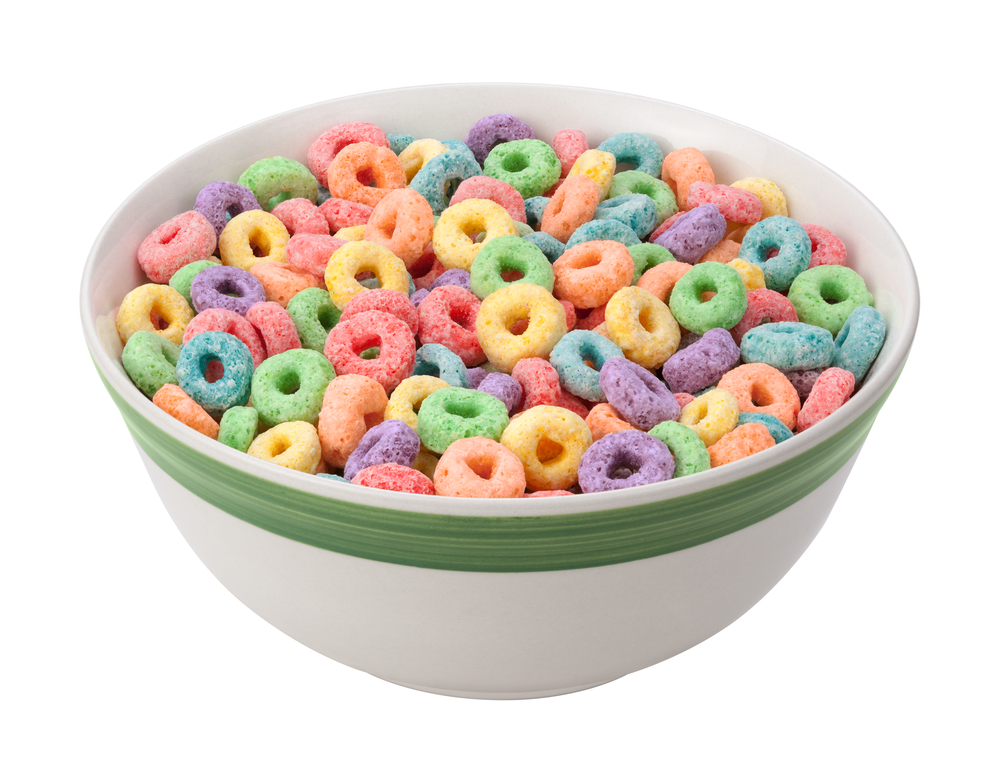
Sugary cereals are often marketed as a quick and easy breakfast option, but they are usually high in added sugars and low in nutrients. These cereals can cause spikes in blood sugar levels, leading to increased hunger and overeating later in the day. Starting your day with a sugary cereal can also set the tone for poor eating habits throughout the day. Opting for whole grain cereals or oatmeal with fresh fruit can be a healthier breakfast choice.
Full-Fat Dairy Products

Full-fat dairy products, like whole milk, cheese, and butter, are high in saturated fats and calories. Consuming these products regularly can contribute to weight gain and increase your risk of heart disease. Choosing low-fat or fat-free dairy options can help you reduce your calorie intake while still getting essential nutrients. Plant-based dairy alternatives, like almond milk or soy yogurt, can also be good options for weight management.
Canned Soups
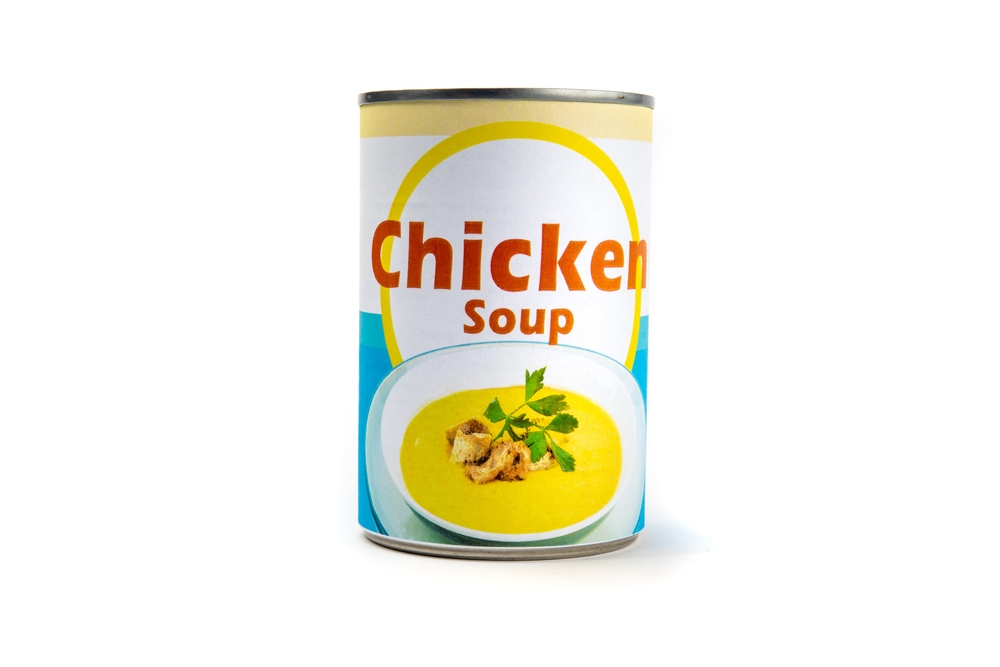
Canned soups may seem like a convenient and healthy meal option, but they can be high in sodium, preservatives, and added sugars. These ingredients can contribute to water retention, bloating, and weight gain. Making your own soups at home with fresh ingredients can help you control the amount of sodium and other additives, supporting better weight management.
Frozen Meals

Frozen meals are often high in unhealthy fats, added sugars, and sodium, making them a less-than-ideal choice for weight management. These meals can lead to overeating and weight gain because they are usually low in nutrients and do not satisfy hunger for long. Preparing your own meals with fresh, whole ingredients can help you control your calorie intake and support healthy weight management.
This article originally appeared on RetailShout.
More From RetailShout
15 Freezer Deals at Costco You’ll Want to Buy in Bulk This November
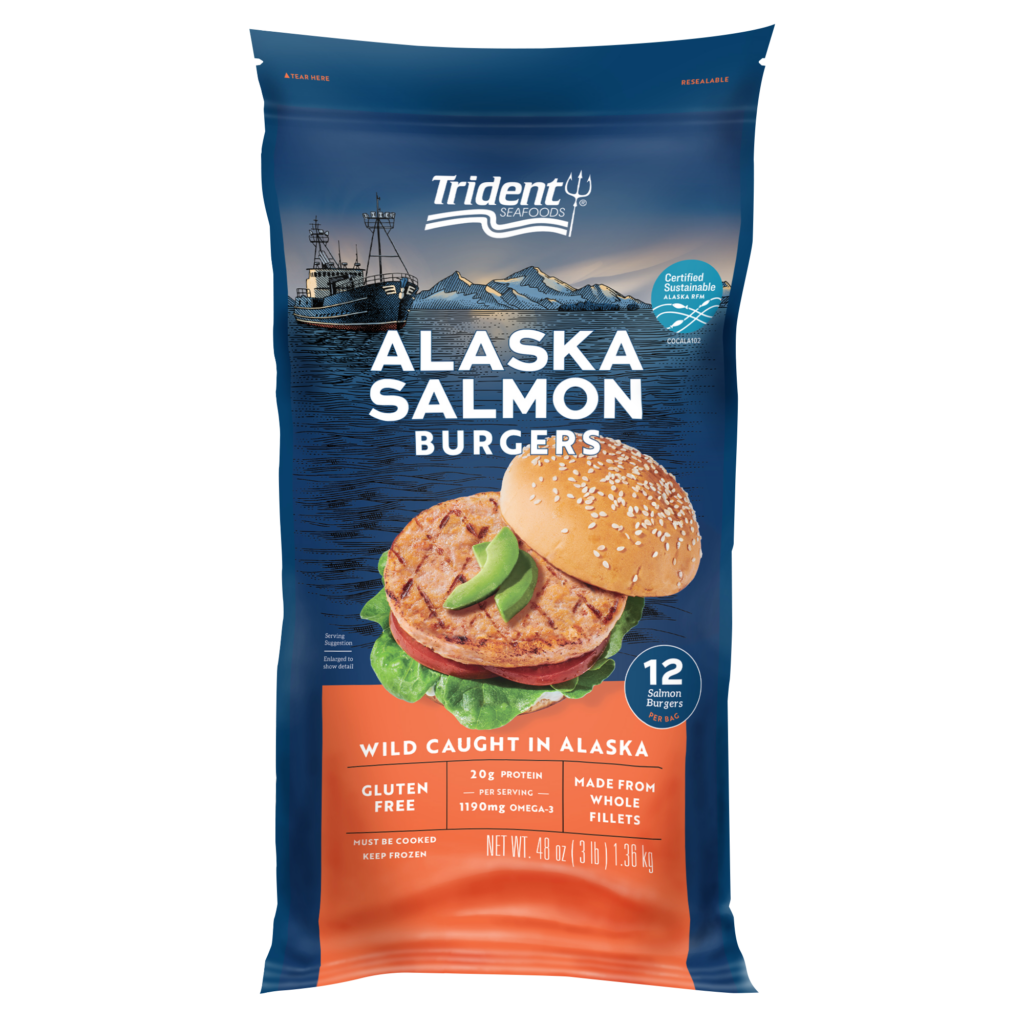
With the holiday season around the corner, Costco’s freezer section is packed with deals on all kinds of foods you’ll want to have on hand. From easy appetizers to hearty entrees and even desserts, Costco offers a wide variety of freezer finds that are perfect for feeding a crowd or just making weeknight meals a breeze. Read More.
16 Must-Have Aldi Fridge and Freezer Finds Under $10
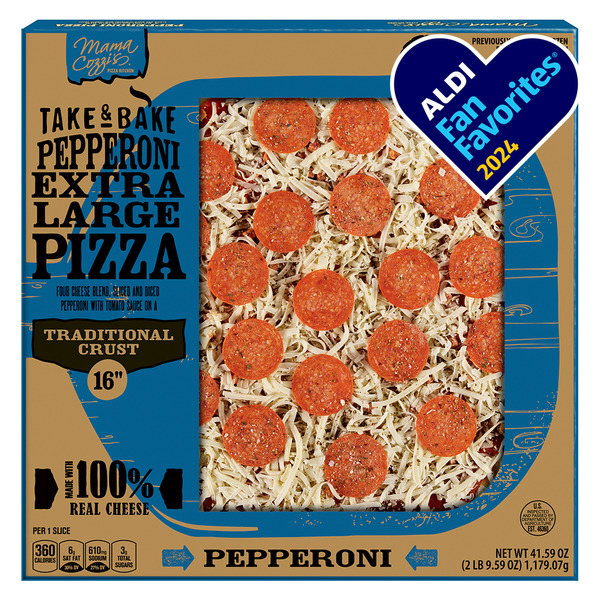
Sometimes, it feels like everything’s getting more expensive, but Aldi’s here to save the day with some real gems under $10. Stocking your fridge or freezer doesn’t have to break the bank, especially when there are delicious, high-quality finds waiting on Aldi’s shelves. Read More.

When November rolls around, it’s the perfect time to refresh your wardrobe with cozy and stylish pieces, and Sam’s Club has a fantastic lineup of clothing deals that are too good to miss. From warm sweaters and versatile jackets to trendy boots and lounge essentials, there’s something for everyone to embrace the fall season in style. Read More.





